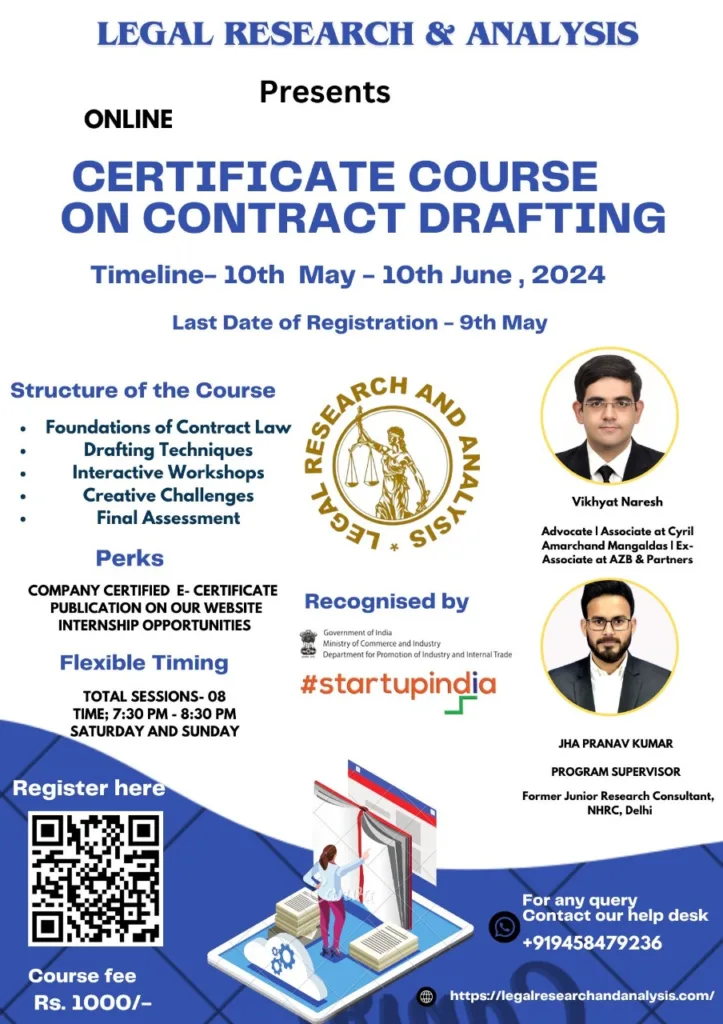
Justice Madan Lokur remarked- It is important to hold Govt. accountable for their actions on Collegium proposals.

The process of judicial appointment is very important with respect to maintaining the independence and integrity of the judiciary. In India, the process is overseen by the Collegium system which is responsible for making recommendations for appointments, promotions and transfers of judges to the higher judiciary. However, the role of government in this process cannot be ignored. Speaking on the issue of building a transparent and accountable collegium system Justice Madan Lokur the former Judge of the Supreme Court expressed strong opinions on holding the government accountable for its role in the process of judicial appointments. Justice Madan Lokur was speaking at the seminar on Judicial Appointments and Reforms which was organized by the Campaign for Judicial Accountability and Reforms. In his remark, he emphasized the requirement for transparency and accountability in the appointment process. He suggested that while the collegium is not beyond public scrutiny the focus should also be on the government’s tendencies to delay the process of appointment.
The government’s role in the appointment process cannot be overlooked. The collegium’s recommendations for appointments, promotions and transfers of judges must be acted upon by the government. However, there have been instances where the government has delayed acting on the collegium’s proposal leading to delays in the appointment of judges. This delay can have serious consequences for the judicial system as it can result in a backlog of cases leading to a delay in justice delivery. Justice Madan Lokur’s remarks highlight the need to hold the government accountable for its role in the appointment process. It is crucial to ensure that the government acts promptly on the collegium’s recommendations to maintain the independence of the judiciary and ensure timely justice delivery to the people.
Moreover, the government’s tendency to delay the appointment process can also have an adverse impact on the judiciary’s independence. Delays in the appointment of judges can lead to a situation where government influence over the judiciary increases. This increased influence can harm the judiciary’s independence and undermine its ability to deliver justice impartially. Furthermore, the government’s delay in acting on the collegium proposals can lead to a situation where the appointment of judges is influenced by external factors. Such appointments can undermine the merit-based appointment process and lead to a loss of public trust in the judiciary.
To address these issues Justice Madan Lokur emphasized on the need for a transparent and accountable appointment process. He suggested that the appointment process should be made more transparent and the government’s actions on the collegium system proposals should be subject to public scrutiny. One way to achieve this transparency is by creating a system for tracking the government’s actions on collegium proposals. The government should be required to provide regular updates on the status of the collegium system proposals and the reasons for any delays in acting on them. This transparency can ensure that the government can be held accountable for its actions and can help identify any external factors that may be influencing the appointment process.
Another way to ensure transparency and accountability is by involving civil society organizations and the media in the appointment process. Civil society organizations and the media can play a crucial role in monitoring the government’s actions on raising public awareness of any delays or issues in the appointment process. This can increase public pressure on the government to act promptly on collegium proposals and ensure the independence of the judiciary. Furthermore, the remark made by Justice Madan Lokur sparked the light and by this one can ensure the delivery of timely justice while maintaining the independence of the judiciary as well as the restoration of the public trust in the judicial system.







